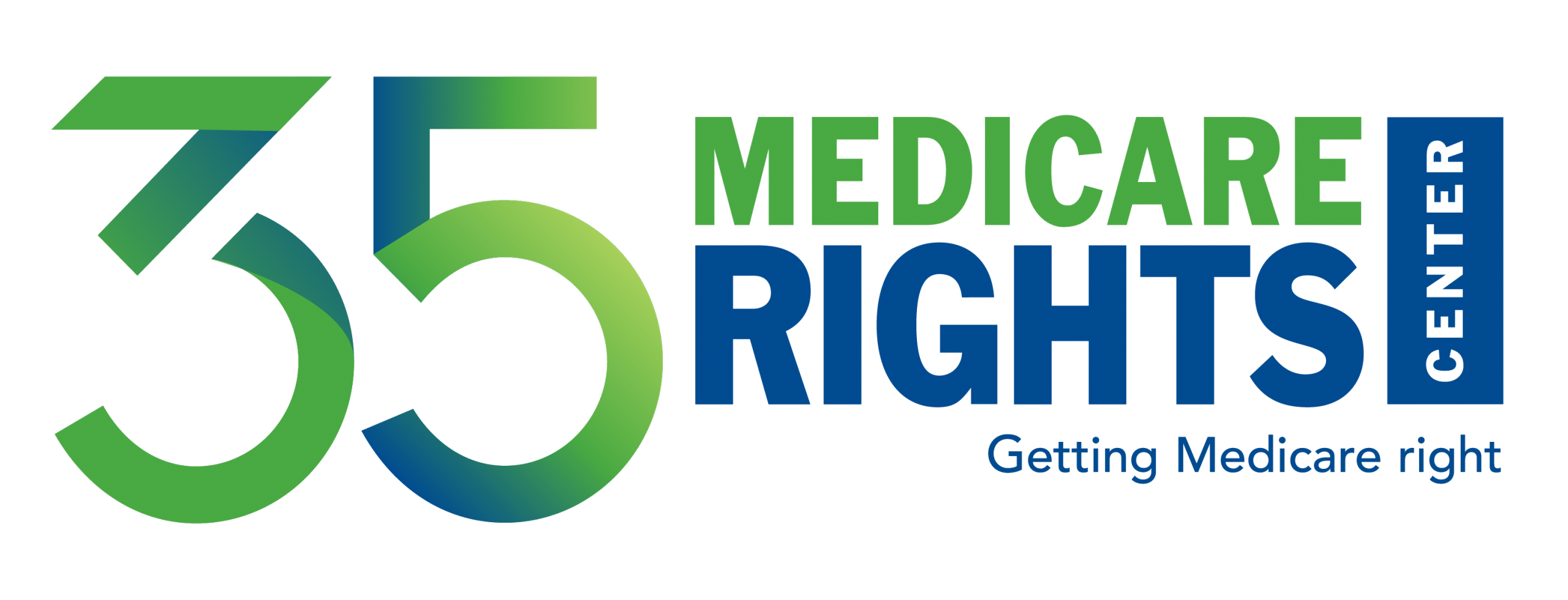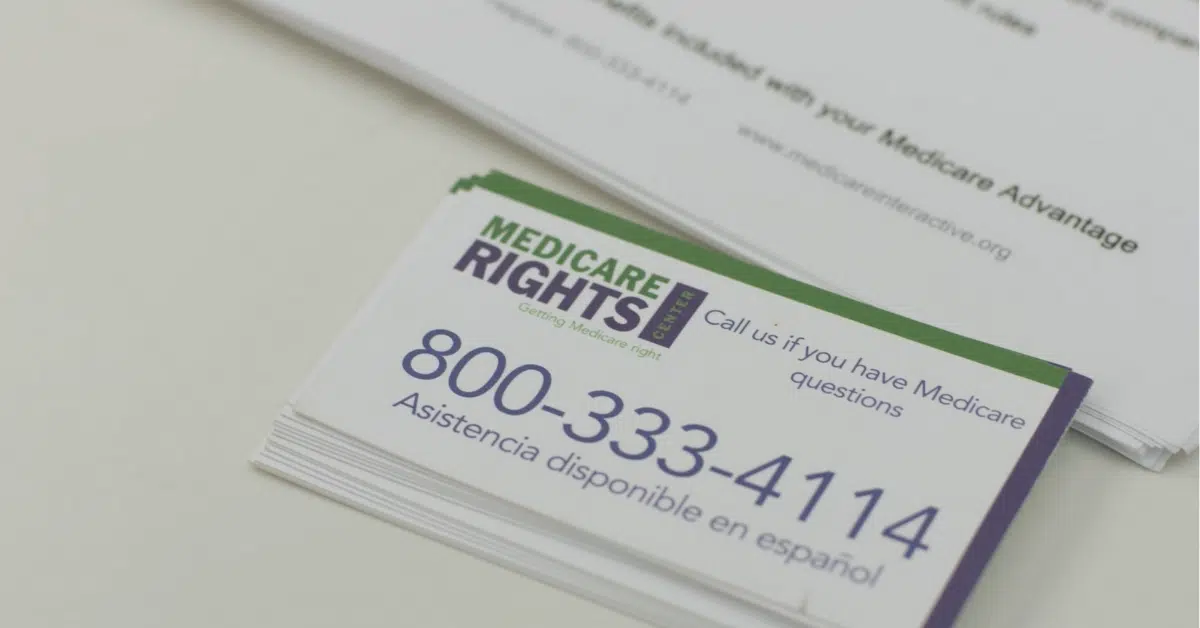Courts Stop Harmful “Public Charge” Rule from Taking Effect

This month, five federal courts temporarily blocked a Trump administration final rule that would greatly harm families and prevent people with Medicare from accessing the services and supports they need to thrive. The new “public charge” policy was set to become effective on October 15, 2019, but the recently-issued nationwide injunctions will prohibit the rule from taking effect—for now.
The courts found that the administration was trying to change the public charge test in ways that Congress has rejected in the past. They also found that the new rule departed both from Congressional intent and from long-standing precedent, and that the rule would violate a law forbidding discrimination about people with disabilities.
Part of federal immigration law for over a hundred years, the public charge inadmissibility test was designed to identify people who may depend on the government as their main source of support. If the government finds that a person is “likely to become a public charge,” it can deny that person admission to the United States or lawful permanent resident status.
Since the 1990s, the test only affected legal immigrants who use cash benefits or publicly funded long-term care. This has meant only an extremely small number of immigrants were affected by the public charge test. The new rule would greatly expand the ways immigrants could fall afoul of the test. Advocates, including Medicare Rights, were deeply concerned that this extension of the test would seriously harm older adults, people with disabilities, and their families, and would cause a chilling effect where people would avoid using needed benefits out of fear that they or a loved one might be barred from pursuing citizenship.
This fear has, unfortunately, been well founded. One survey, taken before the rule was even final, found that one in seven adults in immigrant families were already avoiding benefits due to concerns about the forthcoming changes, even when they were not at risk because they already had green cards or were already naturalized. This was especially prevalent in families with children in the household and families with low incomes.
The public charge test must not be allowed to interfere with access to health programs or family unification. At Medicare Rights, we urge the Trump administration to pursue policies that will make health care and other essential services more accessible, affordable, and available to those in need—not less so. We must not force immigrants to choose between citizenship or their health.
Read more about the public charge rule.
Read more about the federal courts’ decisions.
Read more about the chilling effect of the proposed rule changes.
The Latest
Most Read
Add Medicare to Your Inbox
Sign up to receive Medicare news, policy developments, and other useful updates from the Medicare Rights.
View this profile on InstagramMedicare Rights Center (@medicarerights) • Instagram photos and videos










